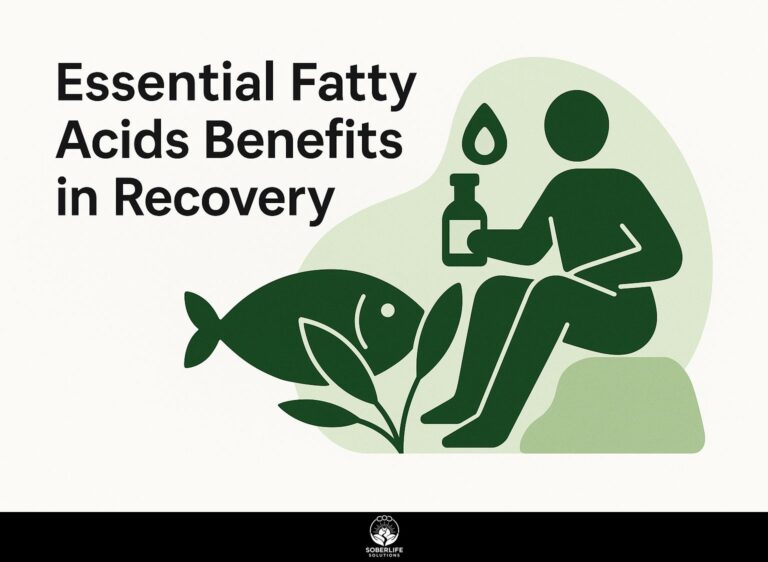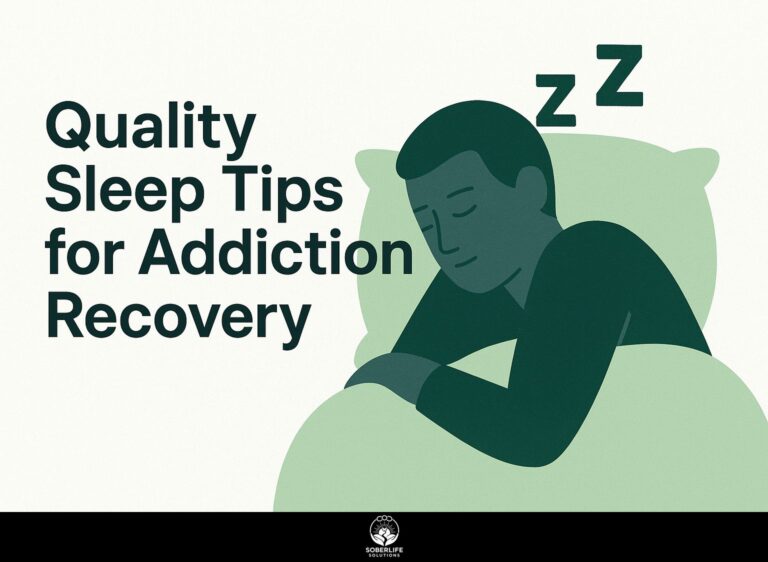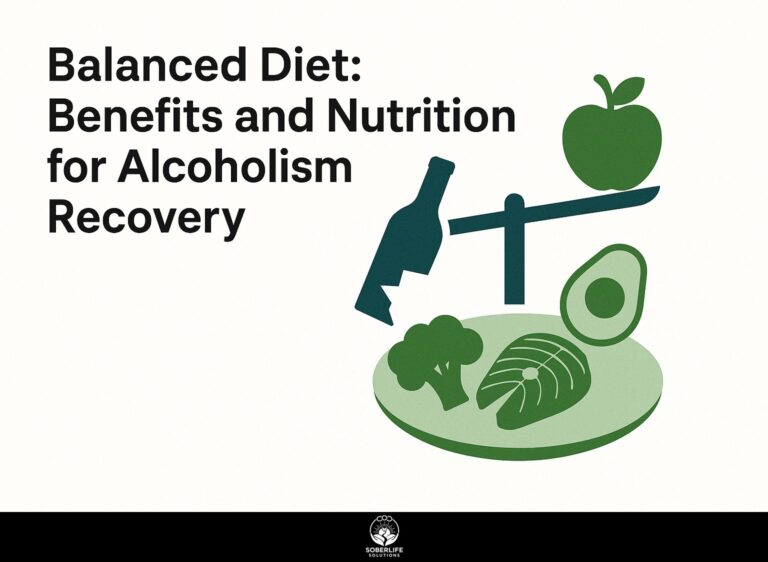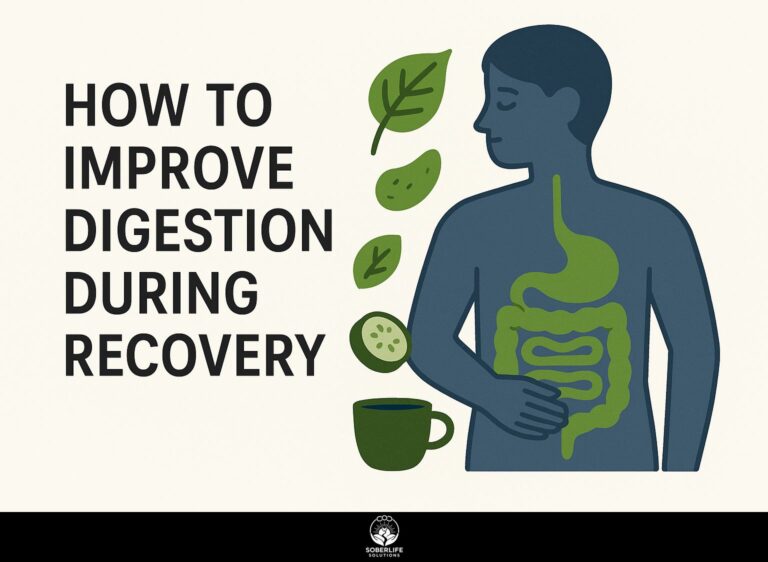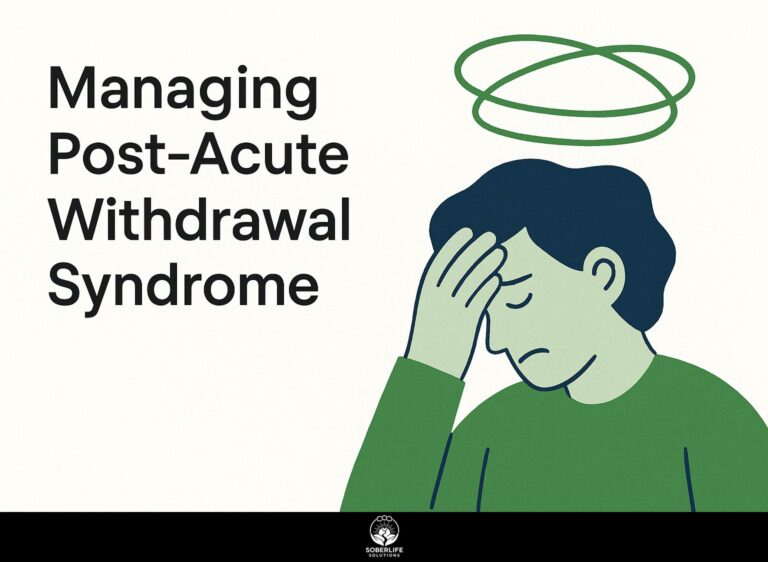Boundaries with Friends in Recovery
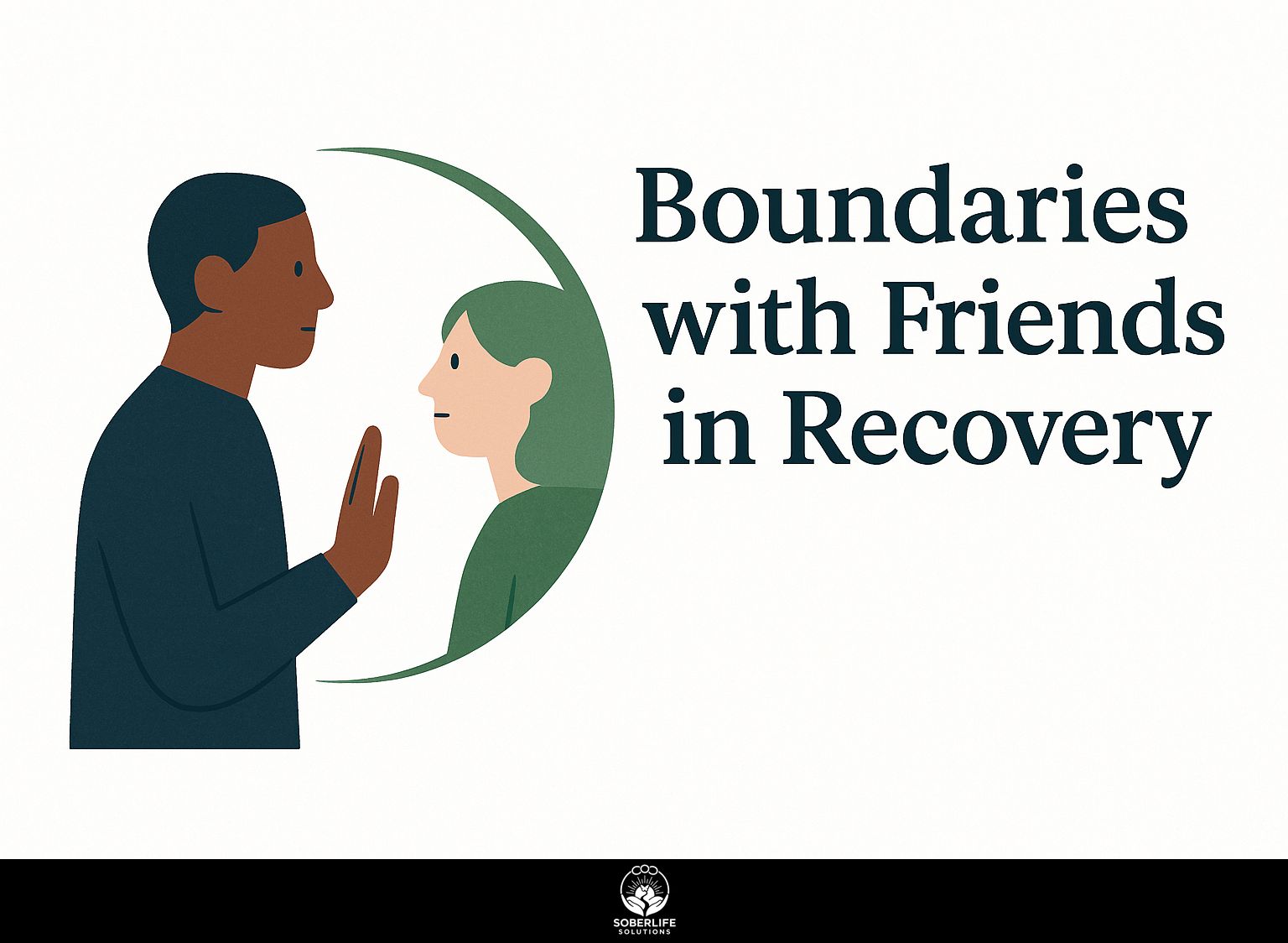
Managing friendships while recovering can be tough, so setting limits is important for taking care of yourself. Recognizing emotional and physical limits is very important as you recover from addiction. This article explains why having clear boundaries helps you stay healthy and improves your relationships. By learning how to communicate and enforce these boundaries effectively, you’ll get the skills needed to succeed in your recovery process and form supportive friendships that respect your needs.
Key Takeaways:
The Importance of Boundaries
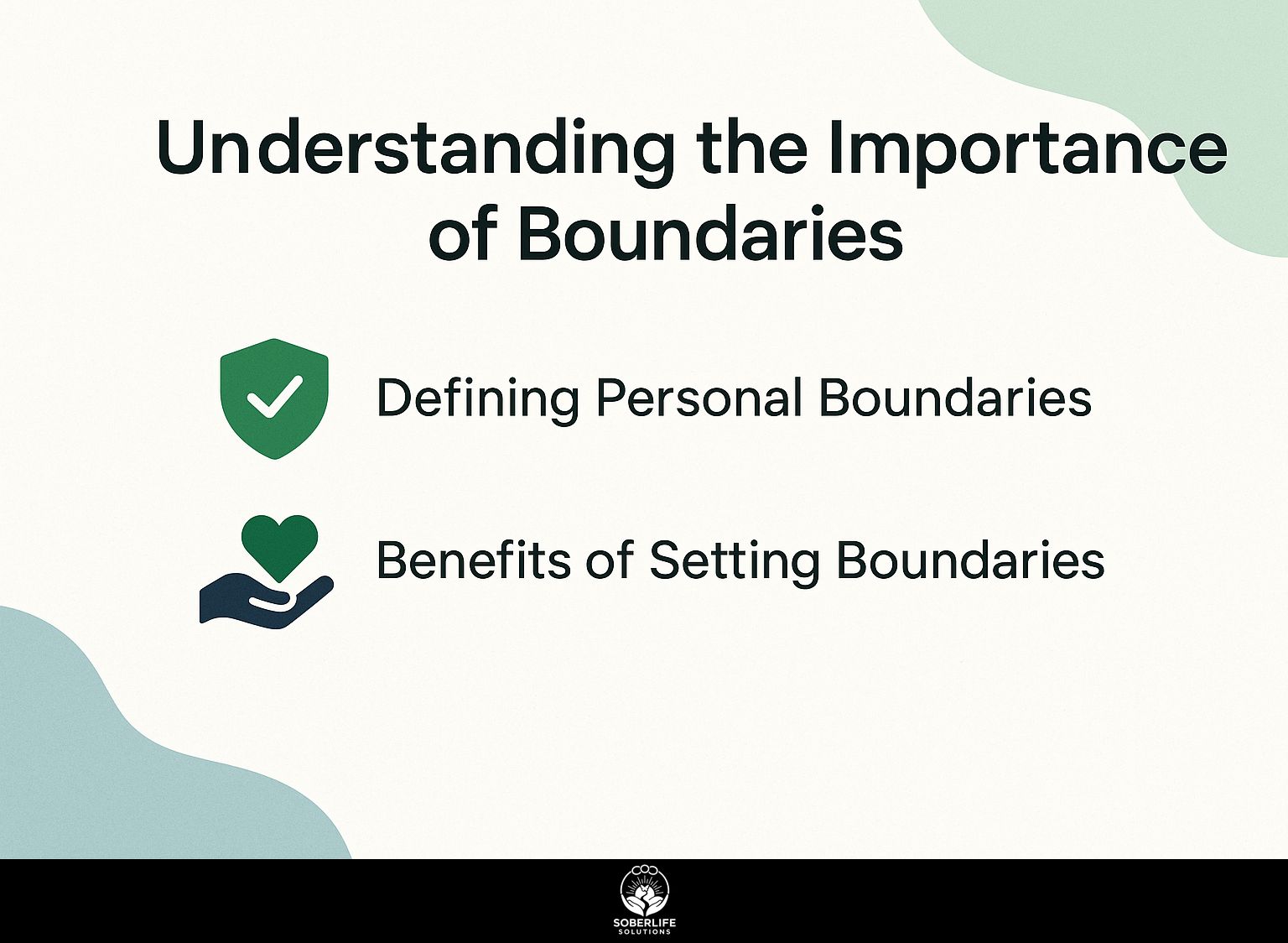
Boundaries are essential for healthy relationships, particularly during addiction recovery, as they support self-respect and clear communication. According to WebMD, setting boundaries can significantly boost your well-being by reducing stress and enhancing mental health. (Our comprehensive guide on Healthy Relationships Strategies for Recovery further explores these crucial elements.)
Defining Personal Boundaries
Personal boundaries are the invisible lines that govern how one interacts with others and protects personal values, essential for effective recovery.
Recognizing personal boundaries is essential in overcoming addiction.
Emotional boundaries include recognizing when interactions drain you or trigger urges, helping you to choose supportive relationships.
Physical boundaries refer to maintaining your personal space, such as saying no to gatherings where substance use occurs.
Time boundaries involve limiting engagements that infringe on time you need for self-care or therapy.
A boundary worksheet helps you identify and communicate your limits, helping you safeguard your emotional and physical well-being.
Benefits of Setting Boundaries
Setting clear boundaries can lead to improved mental health outcomes, reducing anxiety levels by up to 40% among individuals in recovery.
Setting limits helps improve self-worth and strengthens personal respect. For example, individuals might declare `no contact’ periods with toxic relationships to safeguard their emotional well-being.
Writing in a journal can express emotions clearly, and support groups, such as those at Hazelden Betty Ford, share personal stories demonstrating how setting limits aids in recovery. This aligns with insights from the American Psychological Association, a respected source that highlights the benefits of better boundaries in clinical practice.
Many report reduced guilt and shame, claiming that establishing limits allows them to prioritize their mental health without feeling selfish. This proactive approach nurtures healthier relationships and supports sustained recovery.
Types of Boundaries
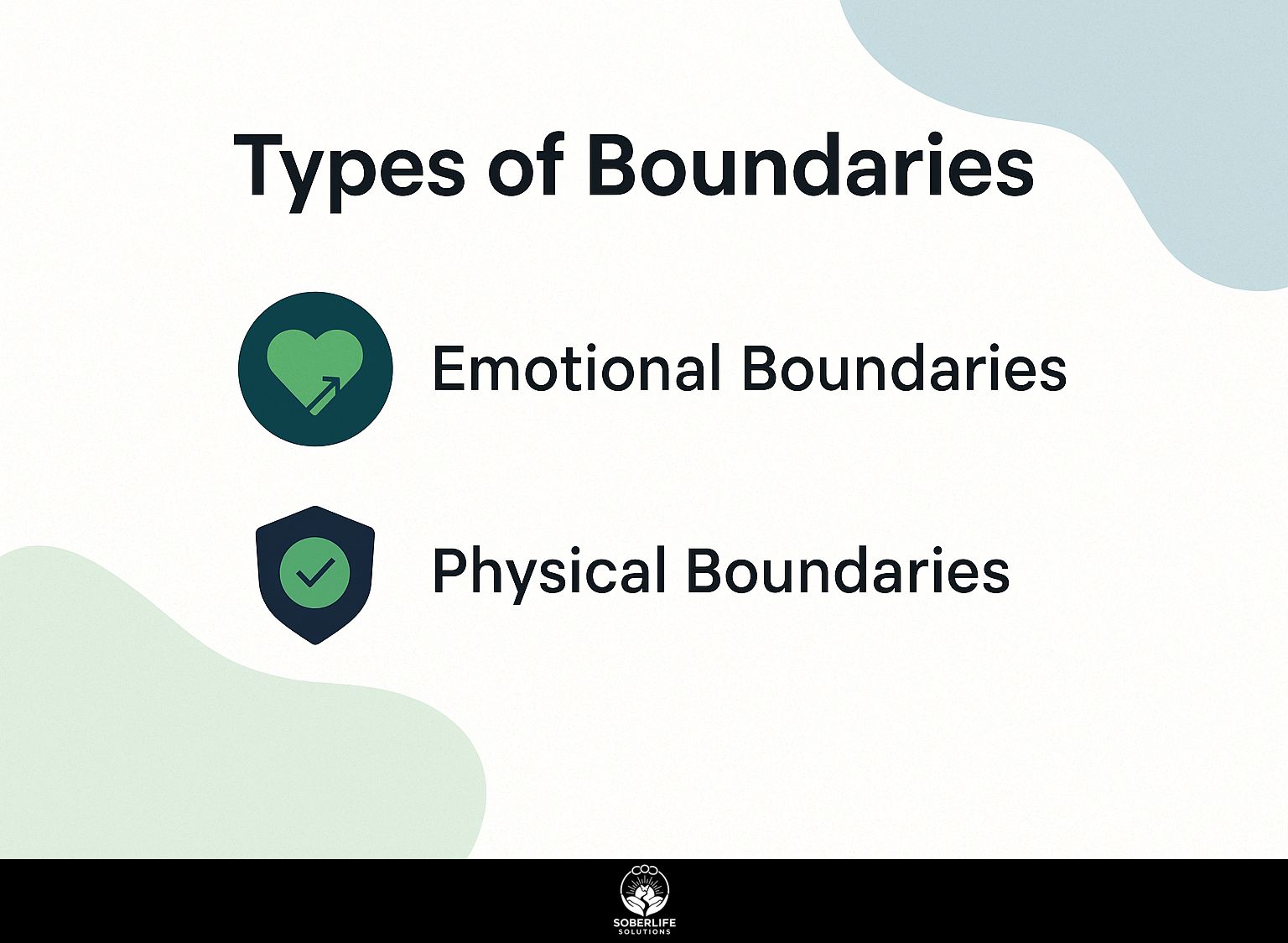
Knowing the different types of boundaries is important for keeping good mental health and preventing setbacks during recovery. In fact, setting these boundaries can be a crucial step in encouraging recovery through specific techniques and support that bolster your journey.
Emotional Boundaries
Emotional limits are important for stopping codependency and safeguarding personal emotions and mental health during recovery.
Establishing emotional boundaries involves clearly communicating your needs and limits. According to a detailed guide by Psychology Today, setting these boundaries is essential for emotional well-being.
For instance, in meetings such as Alcoholics Anonymous, say “I need to concentrate on my own progress” if someone shares too many personal details. Set time limits for discussions to avoid being overwhelmed.
If a conversation makes you anxious, politely step away by saying, “I need a moment to organize my thoughts.” Using ‘I’ statements can be useful, like saying, “I feel uncomfortable when…” This helps create a respectful place where everyone feels secure and supported as they regain their composure.
Physical Boundaries
Physical limits involve personal space and touch, which are important for people in recovery to feel secure and respected.
Establishing healthy boundaries begins with clear communication. Start by expressing your comfort levels; for instance, you might say, “I need a little more personal space right now.”
In contrast, unhealthy interactions often blur this space, such as unwanted hugs or touches. To reinforce your boundaries, practice assertiveness by using ‘I’ statements. For example, “I feel uncomfortable when people stand too close.”
Use apps like Boundaries by Cloud9 to monitor your emotions and how you are doing in setting limits. Regularly review and adjust your boundaries as you gain confidence in recovery.
Recognizing Boundary Violations
Identifying when boundaries are crossed is important in recovery to avoid stress and build a strong support system. For further guidance, learn more about maintaining professional boundaries which plays a crucial role in the process.
Common Signs of Boundary Issues
Common signs of boundary issues include feeling drained after interactions, constant guilt, and difficulty saying ‘no,’ indicating a need for clearer boundaries.
To address boundary issues effectively, start by identifying specific triggers. Keep a journal to note scenarios where you feel overwhelmed or resentful; this can clarify patterns.
Next, practice assertive communication. For instance, use “I” statements to express your feelings, such as, “I feel overwhelmed when asked for last-minute favors.”
Think about reading books on limits such as “Boundaries” by Dr. Henry Cloud and Dr. John Townsend. This book offers practical advice on setting healthier limits and building stronger relationships.
Communicating Boundaries Effectively
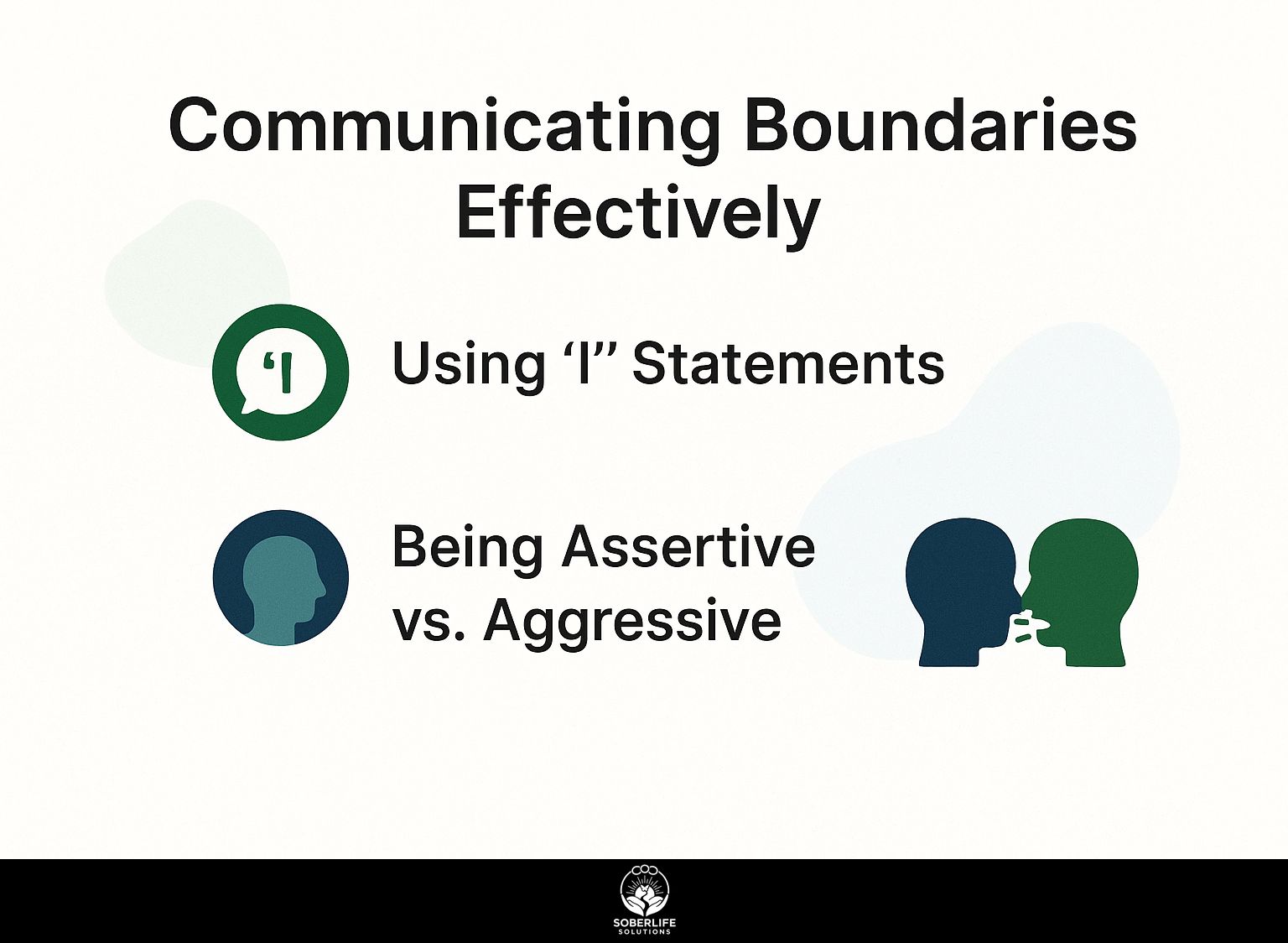
Clear communication of limits is important in recovery, as it helps people express their needs with confidence. This aligns with the principles outlined in our guide on assertive refusal skills, which are essential techniques in recovery.
Using ‘I’ Statements
‘I’ statements help you share your emotions and needs without accusing others. They are important for keeping relationships healthy during recovery.
To formulate effective ‘I’ statements, start by identifying your feelings and the specific situation. For example, instead of saying, “You never listen to me,” try saying, “I feel like I’m not being heard when I’m interrupted during conversations.” This way of speaking helps people understand each other better and makes them less likely to get defensive.
Also, clearly say what you need, like, “I need time to share my feelings without interruptions.” Practicing these statements in comfortable settings can build your confidence, leading to better communication in more difficult talks.
Being Assertive vs. Aggressive
Knowing the difference between being assertive and being aggressive can greatly affect how relationships work in recovery situations.
Assertive communication involves expressing thoughts and feelings openly while respecting others. For example, instead of saying, “You never listen to me!”-which can come across as harsh-you could say, “I feel ignored when my thoughts are interrupted; can we talk about this more?” This change encourages discussion and maintains respect.
In a recovery group, act out different situations with others to improve these skills. Use ‘I’ statements to express feelings and avoid blame, facilitating an environment of mutual respect and support. This method supports better conversations and builds stronger relationships.
Maintaining Boundaries Over Time
Keeping limits is a continuous task that needs regular thought and changes during recovery.
Frequently Asked Questions
What are boundaries and why are they important in friendships?
Boundaries are the guidelines we set for ourselves in our relationships to maintain our emotional, physical, and mental well-being. They are important in friendships because they help keep the interactions between friends healthy and positive.
How do boundaries play a role in the recovery process?
Boundaries are very important in recovery because they help people build and keep healthy relationships. They also prevent old destructive patterns and behaviors from resurfacing, and provide a sense of security and stability during a vulnerable time.
What are some examples of healthy boundaries with friends in recovery?
Healthy boundaries in friendships during recovery involve respecting each other’s recovery plans and avoiding support of harmful actions. It also means talking openly and truthfully, and setting clear limits on time and availability to focus on self-care and personal development.
How can I enforce boundaries with my friends in recovery?
Enforcing boundaries can be difficult, but it is important to communicate your boundaries clearly and assertively. If a friend keeps ignoring your limits, think about the friendship again and maybe look for help from others.
What should I do if a friend’s behavior is triggering for my recovery?
If a friend’s behavior is triggering for your recovery, it is important to communicate this to them. Express how their behavior affects you and ask for their support in maintaining your boundaries. If the behavior continues, it may be necessary to distance yourself from the friendship for your own well-being.
How can I maintain boundaries while still being a supportive friend in recovery?
It is possible to maintain boundaries while still being a supportive friend in recovery. This includes communicating openly and honestly, being respectful of each other’s boundaries, and setting aside time for self-care in order to be a better friend in the long run.

